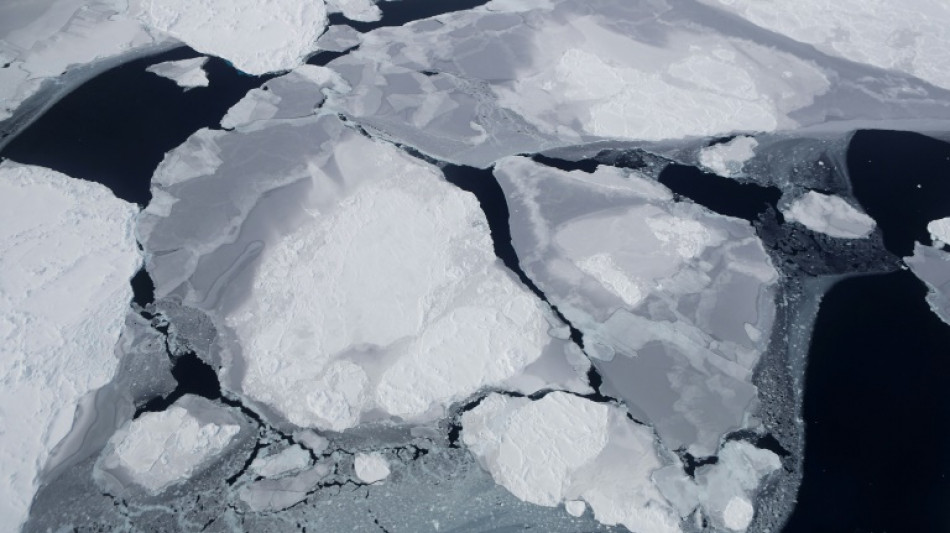
RBGPF
0.0000


Members of a multinational group on Antarctic conservation must end a years-long deadlock and agree on new marine reserves in the region as sea-ice shrinks to record lows, the WWF urged Wednesday.
The Commission for the Conservation of Antarctic Marine Living Resources begins a fortnight of meetings in Australia next week, with the creation of three new protected marine areas once again on the table.
The areas were first proposed in 2010, before being scaled down in 2017, in an attempt to win more support.
But their creation has persistently been blocked by China and Russia, including most recently at the commission's June meeting in Chile.
Environmental NGO WWF called Wednesday for the commission to finally act, given the record low levels of sea-ice in the region and evidence of "mass deaths of vulnerable species."
The protected areas "would limit human activity, particularly fishing, in the critical habitats these species need to recover and develop resilience to a changing environment," said Emily Grilly, WWF Antarctic conservation manager.
"We can't stop all the effects of climate change in the short term, but we can take the pressure off in other ways."
The bid to create the sanctuaries around Antarctica would safeguard nearly four million square kilometres (1.5 million square miles) of ocean from human activities.
It would be the largest act of ocean protection in history, WWF said.
But there has historically been little appetite for the project from Beijing and Moscow, who have expressed concerns about compliance issues and fishing rights.
Last month, sea ice around Antarctica hit its lowest winter levels since records began 45 years ago, the US National Snow and Ice Data Center said.
The measurement was preliminary, as continued winter conditions could cause additional ice formation, but it correlates with a trend of declining ice seen since August 2016.
There is debate among scientists over the cause of the shift, with some reluctant to establish a formal link with global warming.
Climate models have struggled in the past to predict changes in the Antarctic ice pack.
The effect on wildlife in the region is already clear, however, with scientists in August reporting a "catastrophic breeding failure" of emperor penguins as sea ice gave way beneath fledgling chicks.
Thousands of baby penguins are believed to have died, with all but one of five sites monitored by scientists experiencing 100 percent loss.
O.Tse--ThChM